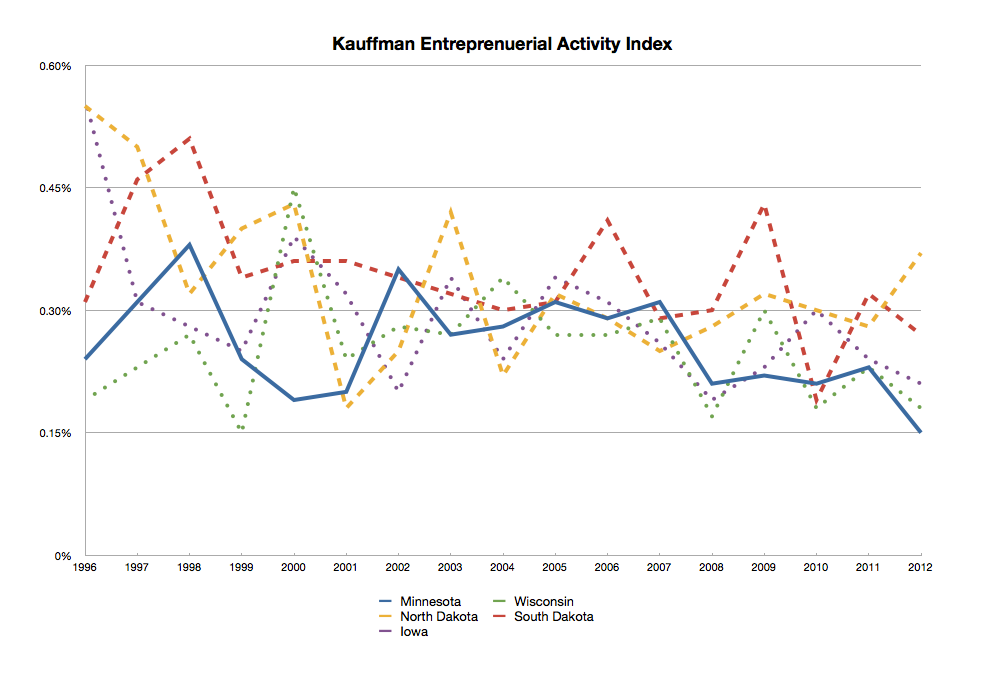As technology becomes a growing component of small business’s infrastructure, the risks are also growing. Here are a few ways to better protect your small business.
At Commonwealth Capital, we are big advocates of technology. We use technology to allow us to get out of the office and into the community. Technology also allows us to better serve our clients by being readily accessible.
It’s fun to see how small businesses have been embracing new technology that allows them to run their businesses better. Many small businesses we talk with are harnessing the power of the internet to grow their businesses and better manage their financials.
Back up your data (and back up your backups)!
Despite all the good uses of technology we see, there are some things that are absolutely frightening.
We have heard about our client’s bookkeeper’s hard drive dying, taking the client’s only copy of their QuickBooks files with it. What would happen to your small business if your QuickBooks files disappeared? While there are ways to recover from this, they are expensive ($500 to $1200 for hard drive recovery), time consuming, and nerve-racking.
It’s estimated that 30% of data loss is from human error, such as not having your backups set up properly or spilling coffee on your computer. It’s also fairly common to accidentally delete files you think are backups but are actually originals. Even if you are backing up, it’s possible that your backup and your computer can fail at the same time.
For these reasons, I recommend small businesses duplicate their backups. Solutions like CrashPlan back up to an external hard drive for free and include cloud-based backups for a small monthly fee. There are similar solutions offered by Mozy and Carbonite.
I recommend CrashPlan because it’s built here in Minnesota. It feels good to see a local company doing so well!
Secure your data.
I came across a story recently from eWEEK about the increasing threat to small businesses posed by data breaches.
“Smaller companies are targeted by data thieves, but they often don’t know how to respond when sensitive information they keep on customers and employees is lost or stolen,” vice president of Hartford Steam Boiler Eric Cernak said in a statement. “Failing to act in a timely and effective way can harm the reputation of businesses and even risk legal penalties in many states.”
It is simple and affordable to have coverage in your Business Owner Policy to include data breaches. For most small businesses, all they have is their reputation. If your reputation is damaged, how will you keep your business going? One way is by properly handling the crisis and doing everything in your power to help your clients feel protected.
There is also a solution offered by another Minnesota company called Argos Risk Defender. This solution monitors, protects, and remediates your business’s credit, public records, and internet credentials. We use Argos for credit data and I recommend you talk with them about their Defender solution for your business.
Small businesses are at risk in ways you’d never imagine.
At the 2012 International Factoring Conference, we had an amazing speaker: Frank Abagnale. If that name sounds familiar, it’s probably because he is the main character in the 2002 film Catch Me If You Can starring Leonardo DiCaprio and Tom Hanks. I highly recommend the film if you haven’t seen it.
After his high-flying life of impersonation, cons, and check fraud, Mr. Abagnale turned his life around and became committed to preventing fraud of all types. He is a world-famous speaker on the topics of security and fraud. He shared with us some of the gems from his book The Art of the Steal. Here are a few of my favorites from the conference:
- There is $994BN in white-collar crime every year in the US ($300BN alone in healthcare fraud annually).
- If someone steals from you, file a 1099 against that person. (You get a tax write-off, and you may get a finder’s fee from the IRS.)
- Copiers have a hard drive inside them that stores images of everything copied on that copier. (You might want to tear out that hard drive before you are done with it!)
- Use a micro-cut shredder, which is the only type of shredder that completely destroys your documents.
- Mr. Abagnale uses Privacy Guard to monitor his identity because it provides real-time monitoring.
- Use a uni-ball 207 pen when signing documents, especially checks. The ink forms a bond with the paper that prevents the signature from being stripped.
- Facebook is a huge security risk. (Spoiler: everyone can easily find out the answers to three of the most common security questions.)
There are a lot of resources on his website. I recommend you check out his book and if you get a chance, hear him speak. He’s entertaining and will help you and your small business be more secure.
This post is in a series we are writing for National Small Business Week. For all of our posts on National Small Business Week, click here.





